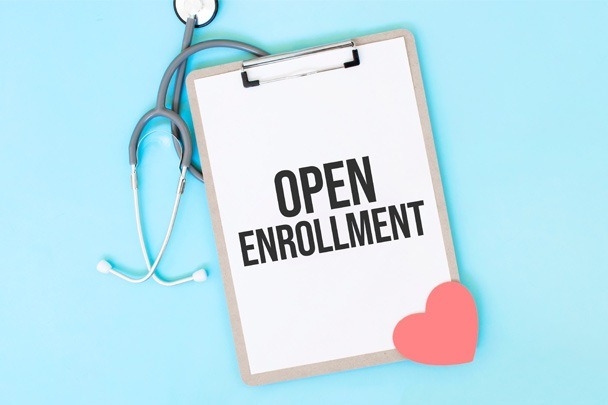Interview success starts with a solid interview prep. Many people think they know how to prepare for an interview. But the truth is, it’s easy to overlook the very basics. Don’t let the simplicity fool you. The depth to which you take these seriously could mean the difference between having a good interview and ACTUALLY getting the job. So, even if you think you know how to prepare for an interview, why not cover your bases?
1. Get Specific with the Job Description.
The job description isn’t just there to attract candidates, it’s there to attract the right candidates. If you submitted your resume to a online application portal, you can be sure your resume was selected based on keyword searches that match those in the job posting. Take all the responsibilities listed and identify how your work history matches up. Come up with very specific examples that show exactly how you’ve performed these duties. It’s not enough to mentally check them off your list because you’ve handled these tasks before. The only way to sell your experience is to be able to speak to it in deep detail.
2. Understand Your Whys.
You may not be asked these three key questions directly. However, by the end of your interview, the interviewer needs to be able to answer why…
-you are leaving your current position
-this job appeals to y0u
-you want to work for this organization
The underlying link here is to get to the bottom of your motivation for seeking employment. Companies don’t want to hire people who simply looking for a larger salary or a bump in title. They want employees who are motivated to achieve something and can make an impact. They’re also looking to hire for culture fit. That’s why wanting that job isn’t enough. You have to show why you want to work for the company as well.
[ctt template=”1″ link=”eUT6c” via=”yes” ]Companies look to hire candidates whose goals are aligned with the organization. Be sure you can answer specifically why you want to work for the company you’re interviewing with. [/ctt]
3. Evaluate Your Behavior.
Interview questions have shifted from being theoretical to behavioral based. People get hired based on their skills, actions and the connection between the two. You’ll be asked about things like your communication skills, conflict resolution abilities, negotiation skills and how you build relationships. Depending on the skills and behaviors needed for your particular role, make sure you have answers for the most common behavioral based questions as well as these questions for managers.
4. Review Your Resume.
Whether your interviewer directly asks you to take them though your career history or not, you’ll certainly be sharing the twists and turns of your career path to date. In order to be sufficiently prepared to talk about your history in specific terms, be sure you can answer the following for each job you’ve held:
– What attracted you to the job in the first place
– Biggest challenges you faced
– What you learned and the skills you gained
– Biggest challenges you faced
– Major accomplishments
– Why you decided to move on
5. Research the Company and Interviewer and Prepare Your Questions.
The more you know about the company, the better. Doing your research will help you put together thoughtful questions and observations to discuss with the interviewer. Think of it this way: if the only questions a candidate asked could be answered by a visit to the company website, do you think an interviewer would be impressed? Take the time to really research the company. Be sure you know enough about its history, special initiatives, philanthropic alliances and anything major that has been mentioned about the organization in the press. Additionally, researching your interviewer on LinkedIn will allow you to ask pointed questions about their experience. You may also find commonalities between their background and yours. These are great points to bring up as you try and forge a more personal connection during the interview process.
The more prepared you are, the more successful your interview will be. Looking for extra support? Join us for our upcoming webinars on behavioral based interviews.









